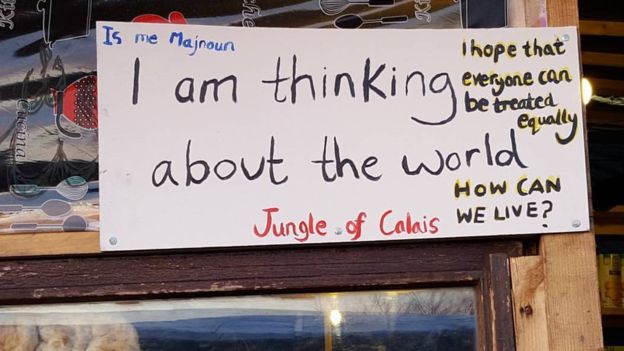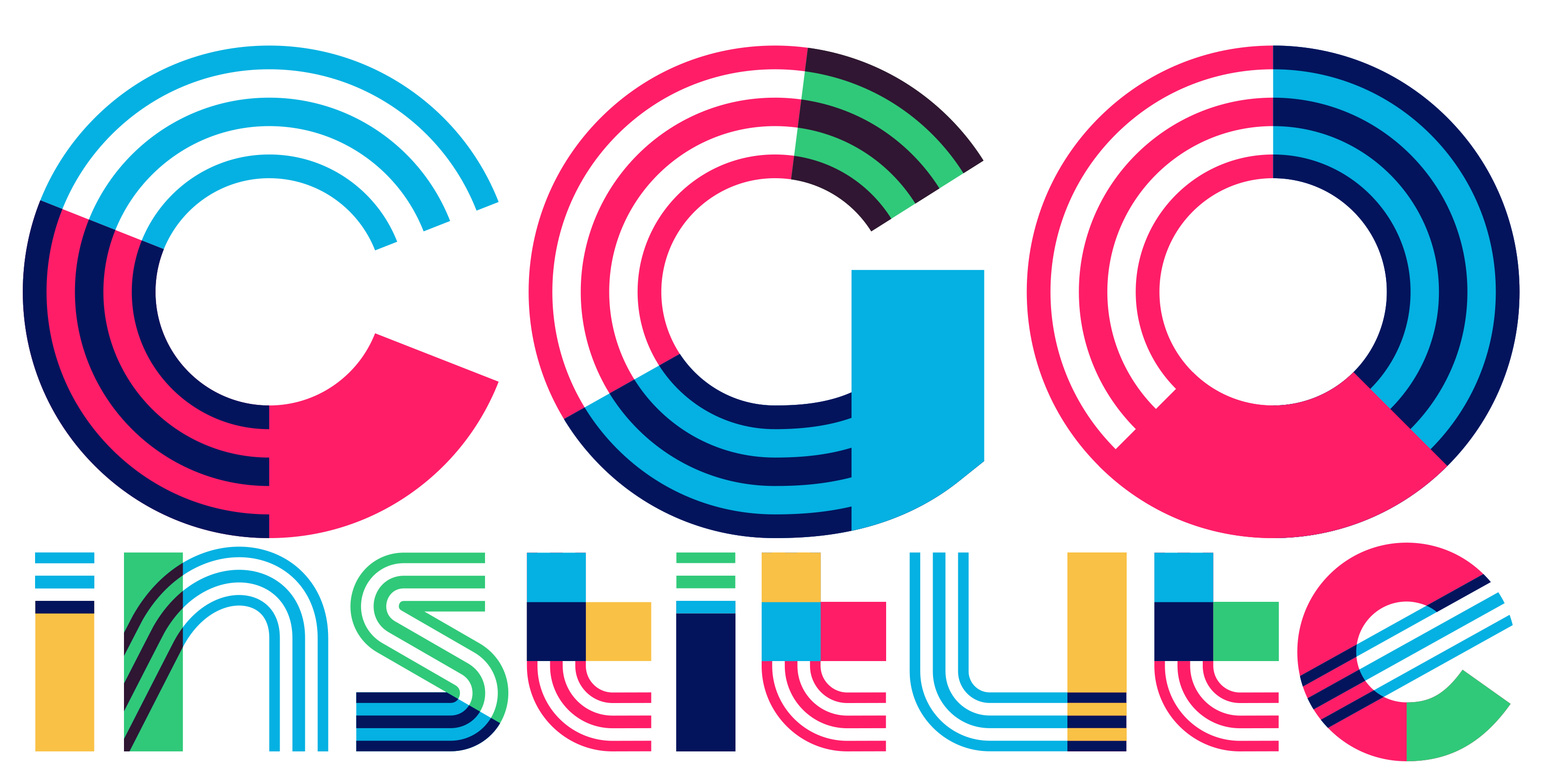
“The Best Way To Predict The Future Is To Create It” Abraham Lincoln.
Producers are the employers, inventors, and facilitators of the future.
Nobody reading this page can predict the future. It will not be the same as the past. I am 64 and I will not be producing theatre for new audiences in new ways in the future. But I can offer my experience as a coach and teacher, gather a faculty of diverse and inspiring practitioners, and champion the new creatives making new work in new ways.

The CGO Institute courses will reach out to people who don’t yet know that they are the future and they can create it. For some, theatre producing & writing is shrouded in mystery, believing they need to move to London/New York for intensive training, or feeling that it is not for someone like them or their community..
The DipCP & Short Courses must be accessible to, and welcomed by, aspirational creatives irrespective of class, race, gender, sexuality, location, and access support needs. Our aim is to build a cohort which reflects the audience we want to see engaged in theatre in the future.
Kwame Kwei-Armah, artistic director of the Young Vic Theatre in London said (May 6th 2020 BBC) “When theatres do turn the lights back on, those who have often been excluded in the past must be present. From class to race to gender, we have made great progress over the last few years in our sector in trying to equalise it. I’m determined absolutely that all of that progress that we’ve made cannot go for naught. We have to rebuild with that as a fundamental.”
We want to do everything we can to ensure that the participants in the first few cohorts on the courses really reflect and champion the diversity of the UK population (for example 19.5% non-white British UK census, 16% working age disabled), and take up the challenge to replicate that diversity in the stories they help to bring to the stage, the audience they attract into the theatres, and spaces we perform in. As a Scottish based organisation we also wish to reach out with the diplomas and extended workshops across the Country mindful that Rural Scotland accounts for 98% of the land mass of Scotland and 17% of the population.
In the end artists and audiences need to see themselves reflected in the managements and offices of the arts of the future. That starts by working to see that change in the classrooms (especially cloud-based) which are offering pathways into the business.
The stories that are created by composers and writers must resonate with other artists, audiences and producers. They must be sharings of lived experience.
How will theatre be different post-covid? Different as Black Lives Matter changes thinking amongst all theatremakers ? And different as turmoil across the world through pandemic, war, dis-harmony, and the climate emergency changes our planet ?
We have much to learn from each other. Join us and think about a new future in which you will be the inventor, storyteller, employer and enabler of the theatre and the performing arts you want to see in the world.
>>>>About the DipCP
